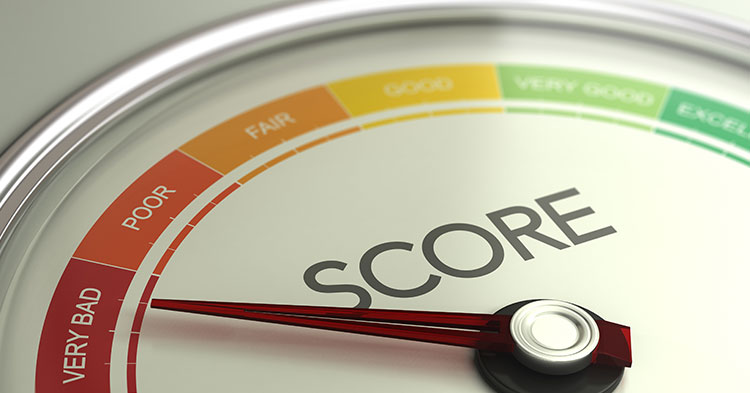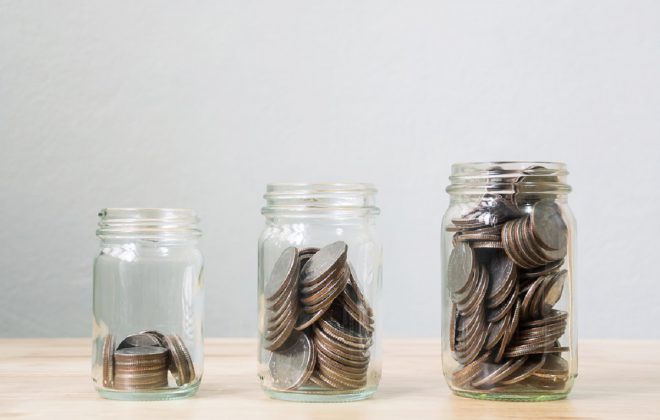What exactly is a credit bureau?
Put up your hand (nobody is watching), if you’ve ever been in the following situation? On a whim, you’ve decided to apply for “credit”, a store clothing account to be exact, and while you’ve been eyeing out that new pair of Prada sunglasses, half anticipating the glowing admiration your friends are going to shower you with at brunch, your fuzzy warm bubble is burst with the sharp end of a sentence you never anticipated hearing – “You’ve been declined!”
“Sorry, we can’t extend you a line of credit. Can I put those sunglasses back on the rack, or do you perhaps have the R2 500 in cash?” whispers the sales consultant sheepishly as she recognises the awkwardness and tries not to utterly embarrass you in front of the other customers.
What most people don’t realise is that each of us carries a credit score.
The day you to decide to apply for credit, is the day you find out if that credit score, you didn’t know existed, is going to come back to bite you.
What’s the deal with a credit score anyway?
The best way to look at it is from the perspective of the lender.
Imagine for a second you are a credit provider. Your business is loaning out money to people and collecting that money with interest so you can make a profit.
What risks would you have in a business like that?
The biggest risk would be on payment defaults, wouldn’t it?
If your business ran the real risk of not being able to collect the money you loaned out, you would probably be interested in knowing upfront if the person, you wanted to loan the money to, could indeed repay it.
That sounds like good business practice, wouldn’t you agree?
This is exactly why credit providers rely on a personal credit score. They want to be able to run a quick check to see how you handle your personal finances and if you’ve had any payment defaults in the past. That in turn will allow them to make a more informed decision about your loan application.
Your credit score is calculated by a credit bureau and while it’s based on your credit report, it also considers:
- How you pay your bills
- The amount of debt you have
- And how that compares to other credit active consumers
The four leading Credit Bureaus in South Africa are:
Credit bureaus collect information on all of us and they allow banks and other financial institutions to peek at our information for a fee. That’s how they make their money BTW. The National Credit Act stipulates that every South African is entitled to one free credit report each year (from each bureau) and considering nobody really knows what information each bureau holds, it makes sense to grab your free credit report from each one of them.
Now it’s far to say that the Act places the onus on each of these bureaus to provide a mandatory free credit report to anyone who wants it each year, but we wanted to see if they offered any useful consumer facing services to South Africans, outside of what the regulations tell them they need to do.
Here is a breakdown of the consumer facing services on offer per bureau:
TransUnion
- You can get a free credit report
- You can check out the value of your car
- You can sign up, for a fee, to get credit alerts
- They also have a True Identity product from R99 per month which solves your stolen identity woes
Experian
- You can simply get your free credit report
Compuscan
- Outside of the free credit report we couldn’t find any other value
XDS
- You can get your free credit report
- You can get 3 months access to your report for R14 per month
If the idea of a credit report and a credit score is sounding very unfamiliar to you, we urge you to get your free credit report as soon as possible. The good news is that it will give you a clear indication of what view lenders have on you.
Scoring differs from one bureau to the next, but this is a guideline:
- A credit score between 1 – 580 is seen as a very high risk
- A credit score between 581 – 599 is viewed as high risk
- A credit score between 600 – 619 is seen as an average risk
- A credit score between 620 – 649 is viewed as low risk
- A credit score between 650 – 999 is seen as minimum risk
Until next time
The MoneyShop Team
MoneyShop





